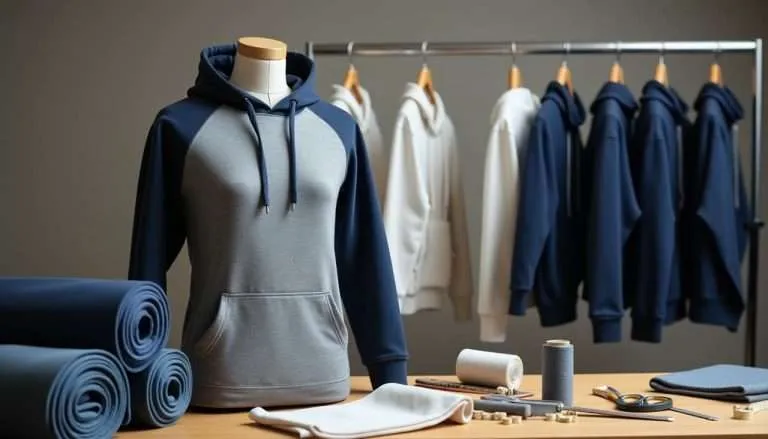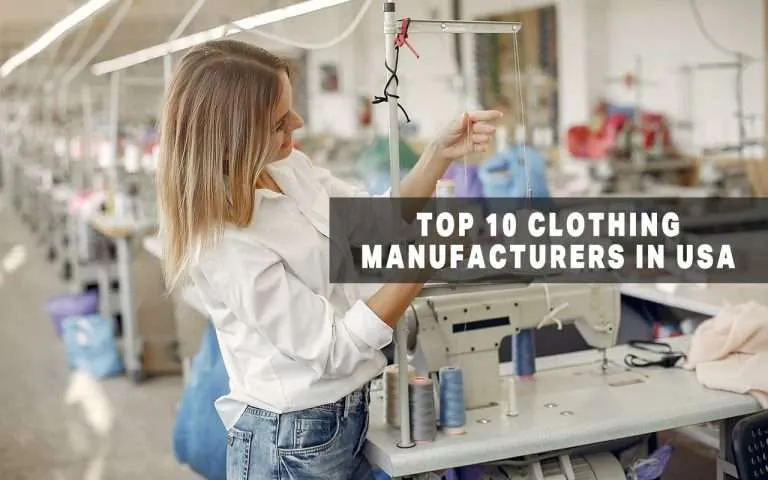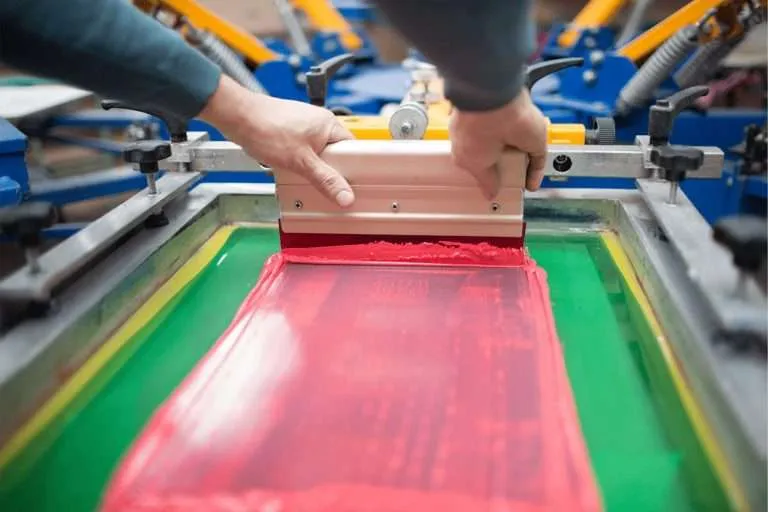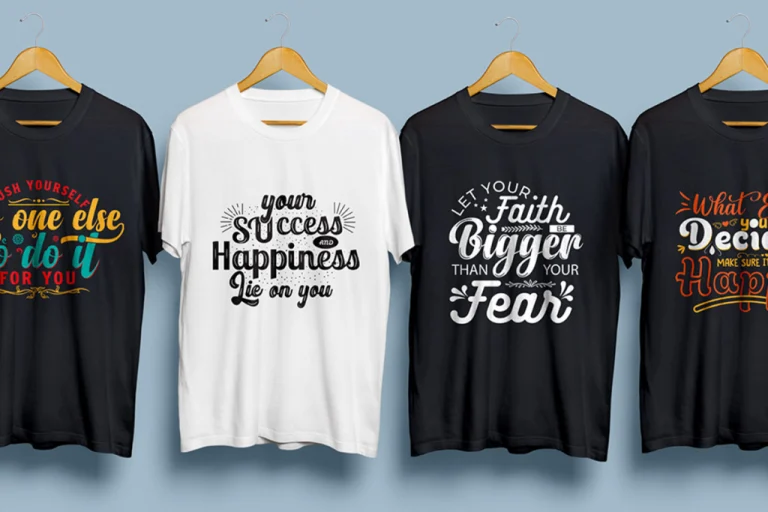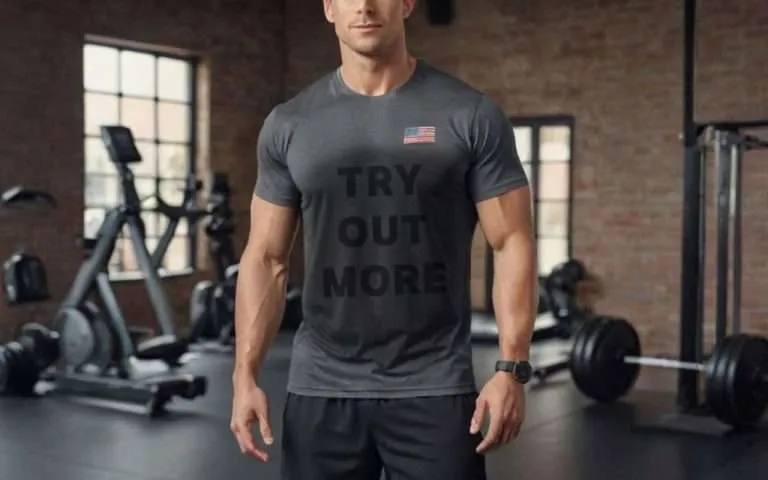Your Reliable High Quality Wholesale Custom Clothing Manufacturers
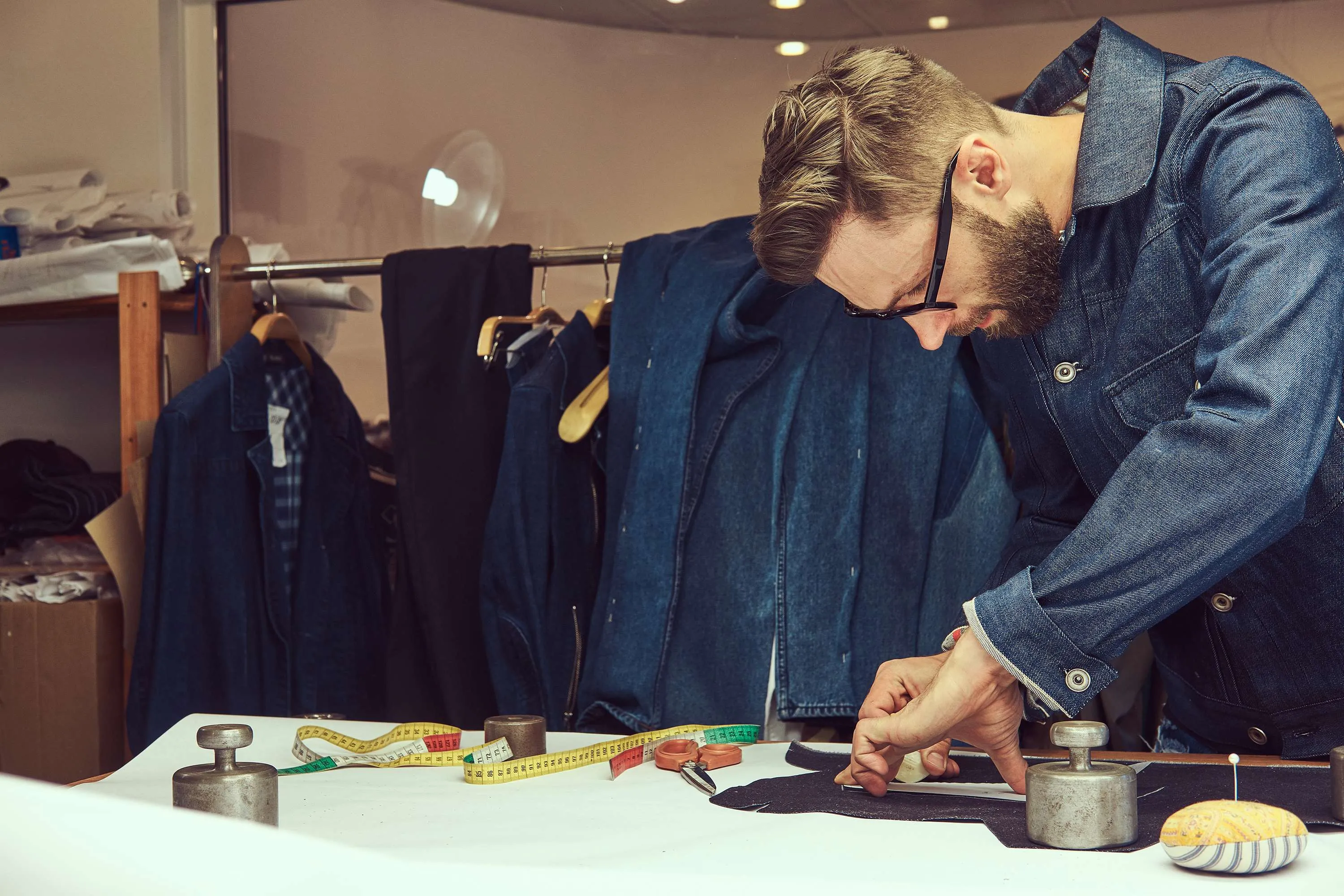
How to Choose Best Custom Clothing Manufacturers
Custom clothing markets today range from luxury fashion to corporate uniforms and specialized apparel. Your success in this varied field depends on one crucial choice: picking the right custom clothing manufacturer.
The stakes remain high when you search for custom clothing wholesale manufacturers or learn about manufacturers for startups. Your business success relies on quality, innovation, and customization capabilities. A good manufacturing partner makes production easier and cuts costs while you retain control over your brand’s standards.
This piece will guide you through everything you need to select a manufacturer that matches your vision, budget, and production needs. We’ll help you evaluate domestic and international options, negotiate terms, and protect your intellectual property to make the best choice for your business.
Establishing Your Brand’s Manufacturing Needs
I need to really prepare myself before reaching out to custom clothing manufacturers. The path to success in custom apparel production starts with clear preparation rather than rushing to ask about production.
Clarifying your design vision and requirements
Detailed documentation helps manufacturers understand my exact creation goals. A brand plan outlining my overall vision should come first. This creates a strong foundation for all discussions with potential manufacturing partners.
My technical specifications will include:
- Detailed designs with measurements and fabric requirements
- Clear quantity needs (Minimum Order Quantities affect both costs and manufacturer selection)
- Whether I need CMT (Cut, Make, Trim) or FPP (Full Package Production) services
Startups benefit from Full Package Production as it provides help from ideation to creation. CMT production gives more control to 4-5 year old brands with completed designs.
Determining your production timeline
Several factors impact production timeframes by a lot. Standard bulk clothing orders need 4-6 weeks for 500-1000 pieces. The timeline depends on:
- Order quantity and complexity of designs
- Material availability and sourcing requirements
- Factory production capacity and current workload
- Seasonal factors and peak production periods
Setting realistic expectations and keeping open communication leads to better timeline planning. I’ll set clear milestones for sample approvals, production stages, and delivery dates.
Creating a manufacturer selection checklist
My evaluation of custom clothing wholesale manufacturers will focus on everything in this criteria:
- Production capabilities – Can they handle my specific garment types and quantities?
- Quality standards – Do their samples meet my expectations?
- Communication proficiency – How responsive and clear are they during first contact?
- Ethical practices – Do they match my brand’s values on green practices and labor standards?
- Scalability potential – Can they grow as my brand expands?
Honesty about actual order quantities and future plans matters most. Experienced manufacturers value realistic projections over inflated promises.
These foundational elements help create successful manufacturing partnerships and smoother production processes before approaching custom clothing manufacturers for startups.
Evaluating Domestic vs. International Custom Clothing Manufacturers
My brand’s future depends on choosing between domestic and international custom clothing manufacturers. This decision will affect many aspects of the business, and several key factors need careful evaluation.
Comparing costs and quality considerations
The price gap between domestic and international custom clothing manufacturers can be huge. Countries like China, Bangladesh, and Vietnam offer lower labor costs. In spite of that, you’ll find unexpected costs popping up: import duties (usually 12% plus 20% VAT in some regions) [1], international shipping, and quality control visits that can substantially change the final price [2].
Quality control brings another vital trade-off to think over. Local manufacturers let you keep a closer eye on production and fix issues faster [2]. On the flip side, maintaining consistent quality with overseas partners needs reliable systems to deal with distance-related challenges [2].
Assessing communication and language barriers
Fashion has become a global industry where suppliers, manufacturers, and retailers operate worldwide [3]. Clear communication becomes vital when dealing with cultural and language differences.
Working with international custom clothing wholesale manufacturers brings these challenges:
- Language gaps that lead to misunderstandings [4]
- Different time zones that make immediate problem-solving difficult [4]
- Cultural differences that shape business practices and expectations.
Written messages work better than verbal ones to reduce these issues [3]. Visual aids like sketches and flowcharts also help get messages across language barriers [3].
Understanding shipping logistics and import regulations
International shipping adds complexity that domestic production doesn’t have. Your final costs depend heavily on shipping terms – whether it’s FOB (you take responsibility after goods board the vessel) or CIF (seller handles shipping and insurance) [5].
Import regulations need a good grasp of textile-specific rules. These often need detailed paperwork and compliance with partner government agencies [6].
Analyzing production lead times
Production speed varies a lot between options. Local production usually has faster turnaround (60-90 days) [7]. International manufacturing takes longer at 90-120 days from order confirmation [7]. You’ll need extra time for ocean shipping and customs clearance too [2].

Vetting Potential Manufacturing Partners
The right custom clothing manufacturer needs a detailed vetting process. This step helps me identify the best partners and weed out those who might not deliver.
Requesting and analyzing sample products
Getting product samples is my first priority before starting full production. These samples show me what the manufacturer can really do and let me assess their eye for detail. My sample analysis looks at:
- Fabric quality and construction techniques
- Stitching uniformity and seam arrangement
- Color consistency and overall finishing
- Fit accuracy based on given measurements
Manufacturers usually charge for samples to cover their costs. Some might subtract these charges from future bulk orders, but free samples are rare unless you’re already a regular customer.
Conducting factory visits or virtual tours
Factory visits give me a great way to get real insights. Many custom clothing wholesale manufacturers now offer detailed virtual tours that show their production setup. These tours help me notice:
The production floor’s organization and cleanliness tells me a lot about their quality standards. I look for modern equipment since it shows they can handle complex designs. Their visual production boards reveal how well they plan their capacity.
Assessing ethical and sustainability practices
The best custom clothing manufacturers now focus on environmentally responsible production. I check for certifications like GOTS (Global Organic Textile Standard), Fair Trade, or OEKO-TEX that prove their environmental and social standards.
These manufacturers pay fair wages, maintain safe working conditions, and keep their supply chain transparent. They also show their steadfast dedication to helping the environment through better material sourcing and waste reduction.
This detailed vetting process helps me pick a custom clothing manufacturer that matches my production needs and brand values perfectly.

Finalizing Your Custom Clothing Wholesale Manufacturer Agreement
A solid agreement with your custom clothing manufacturer sets the stage for success. Your contract needs to protect both parties and outline clear expectations. This document becomes the foundation of your manufacturing relationship.
Negotiating contract terms and pricing
Pricing structures and payment terms are the foundations of any manufacturing agreement. Custom clothing manufacturers typically ask for 30-50% deposits upfront. They tie remaining payments to production milestones or delivery dates. New startups without credit history should expect tighter payment terms. These terms often become more flexible as trust builds between parties.
My focus during MOQ (Minimum Order Quantity) negotiations includes:
- Getting better prices at specific volume levels
- Setting realistic delivery schedules with late penalties
- Planning for material cost changes
Establishing quality assurance protocols
Quality control measures help maintain consistent standards in production. A detailed agreement should define acceptable quality limits (AQL). These limits set the maximum defects allowed during random sampling checks.
Quality assurance covers several key areas:
- Production inspections at different manufacturing stages
- Compliance with ISO 9001 certification standards
- Testing requirements for seams, colors, and size consistency
The agreement should detail steps to fix quality issues quickly. This prevents small problems from affecting entire production runs.
Protecting your intellectual property
IP protection plays a crucial role when working with custom clothing wholesale manufacturers. Your agreement must state that all designs, patterns, and brand elements belong to you. Adding confidentiality and non-disclosure clauses stops unauthorized sharing of your information.
Startups working with custom clothing manufacturers need multiple layers of IP protection:
- Trademarks to protect brand identifiers
- Copyrights for unique designs and patterns
- Contract language that bans design reproduction
Note that a well-laid-out agreement builds professional relationships. It creates clear expectations that help both parties succeed. This isn’t about trust issues – it’s about smart business practices.
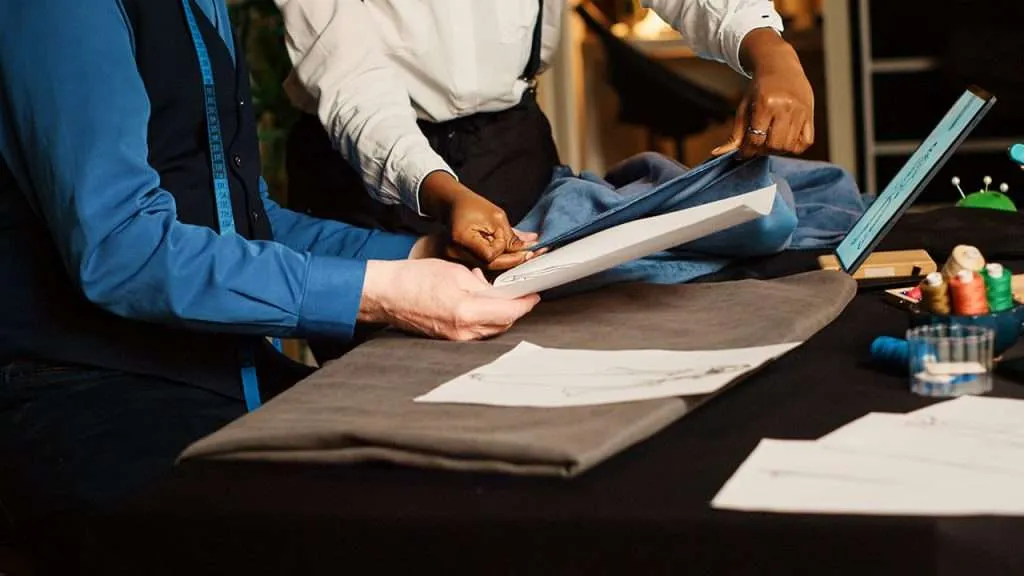
Conclusion
My brand’s future success depends on choosing the right custom clothing manufacturer. Good preparation, research and smart decisions help build strong manufacturing collaborations that match my vision and goals.
Success relies on finding the right balance between production capabilities, quality standards, effective communication and ethical practices. The best approach involves taking time to review potential partners. Sample reviews, facility visits and detailed discussions paint a full picture of each option.
A well-crafted manufacturing agreement protects my interests and sets clear expectations. The right manufacturer becomes more than just a service provider – they transform into a key partner who brings my clothing designs to life.
The selection process demands careful attention to detail. Each step from the original preparation to the final contract signing plays a crucial role. These manufacturing relationships support business growth when built properly.
FAQs
Q1. How do I find the right custom clothing manufacturer for my brand?
Start by clearly defining your brand’s needs, including design requirements, production volume, and quality standards. Research potential manufacturers through online directories, trade shows, and industry networks. Request samples, conduct thorough vetting, and compare factors like pricing, lead times, and ethical practices before making a decision.
Q2. What should I consider when choosing between domestic and international manufacturers?
Evaluate factors such as cost differences, quality control capabilities, communication ease, shipping logistics, and production lead times. Domestic manufacturers often offer faster turnaround and easier oversight, while international options may provide cost savings but require navigating import regulations and potential language barriers.
Q3. How can I protect my designs when working with a custom clothing manufacturer?
Include clear intellectual property protection clauses in your manufacturing agreement. This should state that all designs, patterns, and brand elements remain your exclusive property. Consider using multiple protection mechanisms such as trademarks, copyrights, and confidentiality agreements to safeguard your intellectual property.
Q4. What information should I prepare before approaching custom clothing manufacturers?
Develop a comprehensive brand plan, detailed technical specifications including measurements and fabric requirements, and clear quantity needs. Create a realistic production timeline and a manufacturer selection checklist. Be prepared to communicate your design vision effectively and honestly about your order quantities and future plans.
Q5. How important are ethical and sustainability practices when selecting a manufacturer?
Ethical and sustainability practices are increasingly crucial in the fashion industry. Look for manufacturers with certifications like GOTS, Fair Trade, or OEKO-TEX. Assess their commitment to fair wages, safe working conditions, and environmental impact reduction. Choosing an ethical manufacturer aligns with consumer values and can enhance your brand’s reputation.
References
[1] – https://www.white2labelmanufacturing.com/blog/should-i-manufacture-local-or-abroad
[2] – https://thesynerg.com/domestic-international-offshore-clothing-manufacturer/
[3] – https://fashinza.com/brands-and-retail/tips/language-barriers-business-communication-fashion-industry/
[4] – https://makersrow.com/blog/domestic-vs-international-clothing-manufacturers/
[5] – https://techpacker.com/blog/design/everything-you-need-to-know-about-garment-costing-and-pricing/
[6] – https://usacustomsclearance.com/process/importing-textiles-to-the-us/
[7] – https://ajgfashionconsulting.com/blog/domestic-or-international-production

